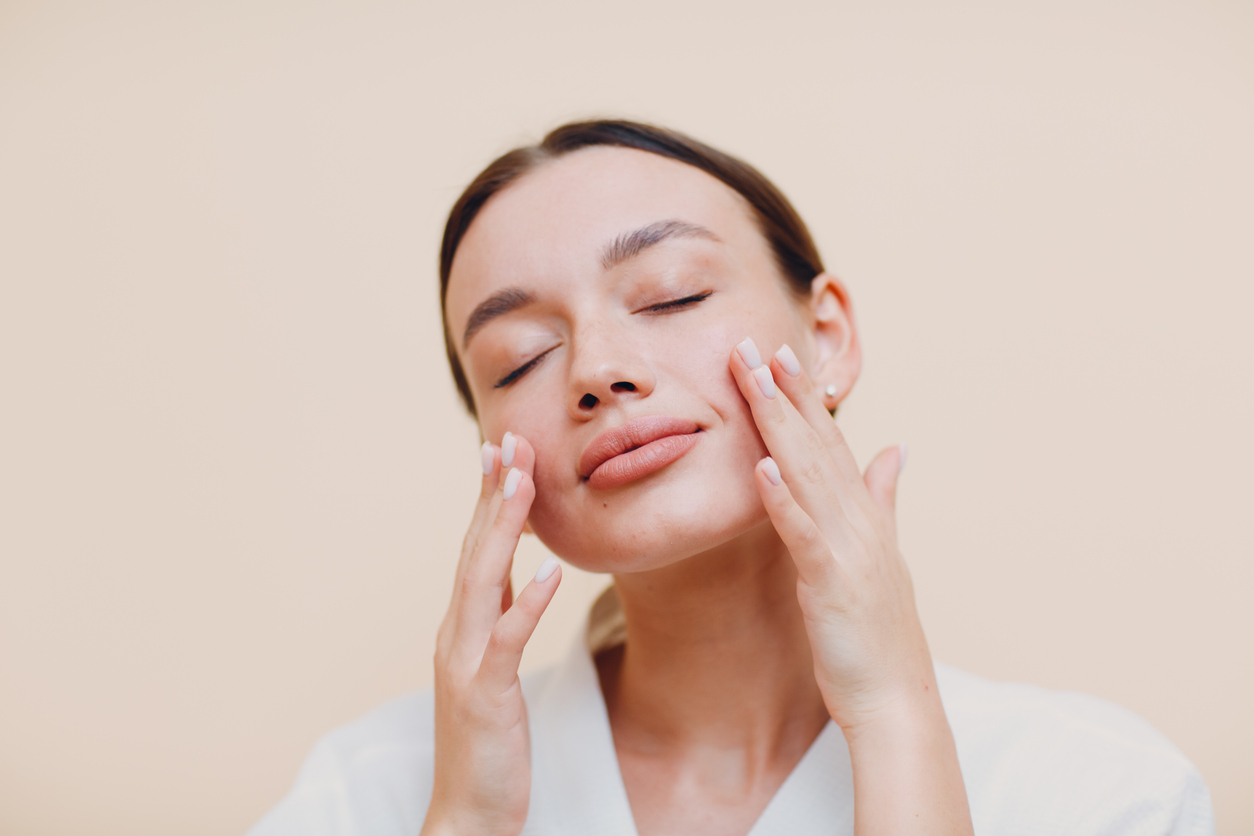
Our skin is constantly exposed to external aggressors like pollution, UV rays, and harsh weather conditions. Over time, these environmental stressors can accelerate aging, cause inflammation, dehydrate the skin, and even trigger breakouts or pigmentation. The good news? With the right skincare habits and protective measures, you can shield your skin effectively and maintain a healthy, radiant complexion. Here’s everything you need to know about protecting your skin from pollution and environmental damage.
Understanding Environmental Aggressors
Before we dive into protection strategies, it’s essential to understand what your skin is up against:
- Air pollution: Fine particulate matter (PM2.5), nitrogen dioxide, and other toxins can penetrate the skin, leading to inflammation, clogged pores, and oxidative stress.
- UV radiation: Sun exposure is a major cause of premature aging and skin cancer.
- Climate factors: Extreme cold, heat, humidity, and wind can weaken the skin barrier and cause irritation.
- Blue light: Emitted from electronic devices, blue light can also contribute to oxidative stress and premature aging.
1. Always Wear Broad-Spectrum Sunscreen
No matter the weather or season, UV rays are constantly bombarding your skin. UV exposure weakens the skin’s structure, accelerates aging, and increases cancer risk.
How to protect:
- Use a broad-spectrum sunscreen with at least SPF 30.
- Reapply every two hours, especially if outdoors or sweating.
- Choose physical (mineral) sunscreens with zinc oxide or titanium dioxide for sensitive skin.
Pro tip:
Don’t forget areas like your neck, ears, hands, and the back of your knees—they’re often overlooked but highly vulnerable to sun damage.
2. Incorporate Antioxidants Into Your Routine
Pollution and UV radiation generate free radicals, unstable molecules that damage skin cells. Antioxidants neutralize free radicals, preventing and repairing environmental damage.
Best antioxidants for skin:
- Vitamin C: Brightens skin, fades pigmentation, and protects against oxidative stress.
- Vitamin E: Works synergistically with Vitamin C to strengthen the skin’s defense barrier.
- Niacinamide (Vitamin B3): Reduces inflammation and strengthens the skin barrier.
- Green tea extract: Rich in polyphenols, it soothes and protects the skin.
Pro tip:
Apply an antioxidant serum every morning under your sunscreen for an extra layer of defense.
3. Cleanse Your Skin Properly Every Night
A proper cleansing routine removes pollutants, dirt, sweat, and makeup that accumulate on the skin throughout the day. Neglecting this step can lead to clogged pores, dullness, and irritation.
How to cleanse effectively:
- Use a gentle, sulfate-free cleanser that won’t strip your skin.
- Consider double cleansing if you wear sunscreen or makeup—a cleansing oil followed by a water-based cleanser works best.
- Avoid harsh scrubbing, which can weaken the skin barrier.
Pro tip:
Use lukewarm water to cleanse—hot water can dry out and irritate your skin, making it more vulnerable to pollutants.
4. Strengthen Your Skin Barrier
Your skin’s barrier is its natural defense against environmental damage. A compromised barrier can lead to sensitivity, dehydration, and inflammation.
Ways to support your barrier:
- Use moisturizers rich in ceramides, fatty acids, and cholesterol.
- Avoid over-exfoliating, which can thin the protective layer.
- Look for ingredients like hyaluronic acid and glycerin to maintain hydration.
Pro tip:
If your skin feels tight, looks red, or burns easily, it’s a sign that your barrier might be compromised. Focus on nourishing, minimal routines to allow it to recover.
5. Use Pollution-Blocking Skincare
Some modern skincare products are formulated to create an invisible barrier on your skin, protecting it from pollution particles.
Look for products that:
- Contain antioxidants and protective polymers.
- Advertise anti-pollution technology.
- Offer lightweight coverage without clogging pores.
Pro tip:
Layering antioxidant-rich serums with pollution-protection creams can maximize your defense strategy.
6. Stay Hydrated Inside and Out
Hydration is key to keeping your skin plump, resilient, and better able to fend off environmental stress.
How to maintain hydration:
- Drink plenty of water throughout the day.
- Apply hydrating serums with hyaluronic acid.
- Lock in moisture with an occlusive moisturizer to prevent water loss.
Pro tip:
In dry or air-conditioned environments, use a humidifier at home or in your workspace to maintain skin moisture levels.
7. Mind Your Diet
A healthy diet packed with antioxidants can strengthen your skin’s defenses from the inside out.
Skin-friendly foods:
- Berries, leafy greens, and citrus fruits for vitamin C.
- Nuts and seeds for healthy fats and vitamin E.
- Tomatoes and carrots for beta-carotene, which can help protect against UV damage.
Pro tip:
Limit processed foods and refined sugars, which can increase inflammation and make skin more prone to damage.
8. Limit Exposure to Indoor Pollutants
Indoor air pollution—from smoke, cleaning chemicals, and even dust—can also harm your skin.
How to protect indoors:
- Use air purifiers to reduce particulate matter.
- Ventilate your space regularly.
- Choose natural or low-toxin cleaning products.
Pro tip:
Houseplants like peace lilies and spider plants can help purify indoor air naturally.
9. Shield Against Blue Light
While the research on blue light and skin is still evolving, some studies suggest that prolonged exposure to screens may contribute to pigmentation and premature aging.
Protective strategies:
- Use screen protectors that block blue light.
- Apply skincare products with antioxidants like niacinamide or algae extract.
- Enable night mode settings on your devices to reduce blue light exposure.
Pro tip:
Limit screen time when possible, especially in the evening, to protect both your skin and your sleep cycle.
10. Regularly Update and Refresh Your Routine
As environmental conditions change with seasons and lifestyle shifts, your skincare routine should evolve too.
How to stay adaptable:
- Use richer moisturizers in the winter and lighter ones in the summer.
- Adjust antioxidant serums or SPF strength based on seasonal needs.
- Pay attention to how your skin responds and tweak your products accordingly.
Pro tip:
Conduct a “routine audit” every few months to make sure your products are still aligned with your current environment and skin needs.
Pollution and environmental factors may be unavoidable, but their impact on your skin doesn’t have to be. By building a thoughtful, proactive skincare routine that emphasizes protection, hydration, and repair, you can safeguard your skin’s health and vitality. Consistency is key: daily habits like applying sunscreen, using antioxidants, and cleansing thoroughly make all the difference in the long run. With the right strategies in place, you’ll not only protect your skin but also keep it glowing, resilient, and youthful for years to come.







